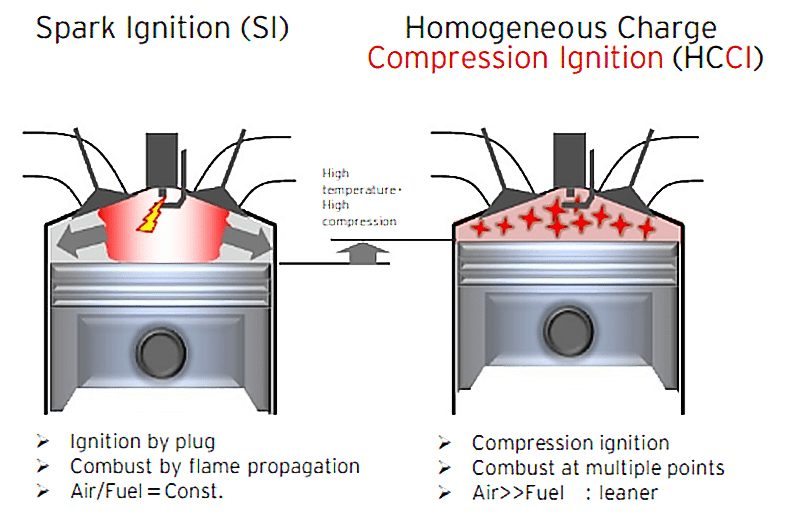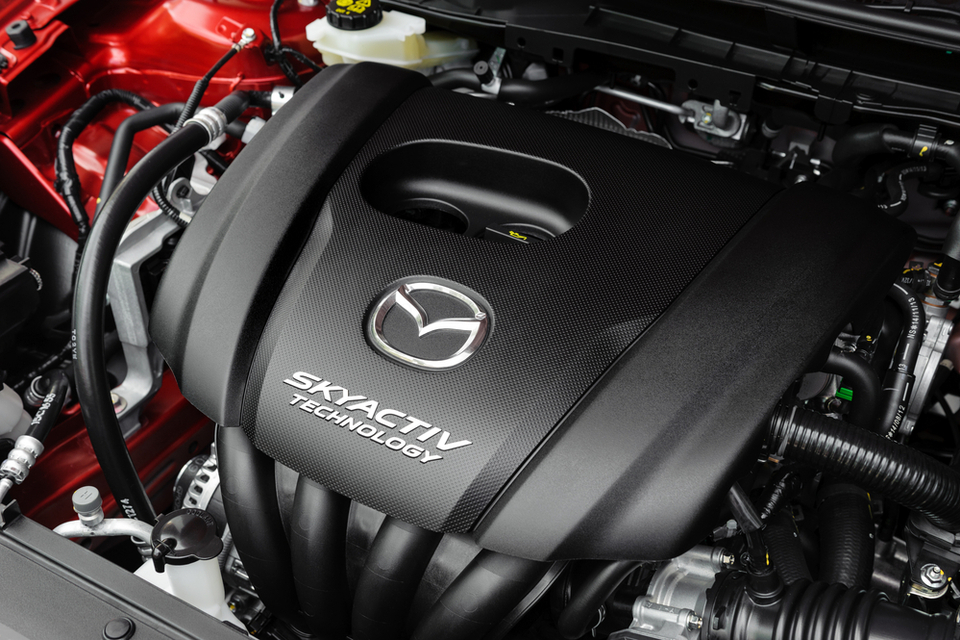After years of research, world renowned Japanese automaker Mazda Motor Corp claimed that they had finally developed the technology that will make diesel engines more fuel efficient.
On Tuesday, the company announced that it had solved the problem that most automakers had spent years to figure out: how to make diesel engines more fuel efficient while eliminating all the dirty emissions that gave people the wrong impression of diesel engines.
While diesel engines provide better fuel economy than gasoline engines, they are highly unpopular in Europe and the United States because of the pollution they produce.
#Mazda developed fuel efficient diesel engines without dirty emission! WOW!Click To TweetIn what appears like a backward move from Mazda, the company’s newest compression ignition gasoline engine was still deemed as a major breakthrough which places traditional engines at the heart of Mazda’s manufacturing strategy.
SkyActiv-X: Mazda’s High-Efficiency Engine
Dubbed as SkyActiv-X, Mazda’s newest engine is said to boast of efficiency. The automaker claimed that the compression ignition engine is 20 to 30 percent more efficient than Mazda’s current SkyActiv-G engines.
The announcement of SkyActiv-X comes just a few days after Mazda said it would work with Toyota Motor Corp to develop electric cars and build a $1.6 billion USD assembly plant in the United States.
In a report from Reuters, Mazda R&D head Kiyoshi Fujiwara was quoted as saying:
“We think it is an imperative and fundamental job for us to pursue the ideal internal combustion engine. Electrification is necessary but… the internal combustion engine should come first.”
The setup works by using a homogeneous charge compression ignition (HCCI) engine which ignites the petrol through compression. Meaning, spark plugs will no longer be needed. However, Mazda said that they have not completely abandoned the spark plug technology.

The SkyActiv-X will only be equipped with a ‘spark controlled compression ignition’ which will enable the engine to use spark plugs when needed, like when the engine is cold.

Apparently, the SkyActiv-X fuel economy will potentially match that of a diesel engine minus high emissions of nitrogen oxides or sooty particulates. Mazda has not divulged the full details of how they were able to crack the issue, but experts believe that computers hold the key.
According to Wired, “a sophisticated system can control the temperature and pressure in each cylinder by varying turbo boost or valve timing. It can mix in exhaust gas to change the mixture of fuel and air, and calculate just the right amount of gas to throw in.”
Mazda also affirmed its plans of pursuing the production of electric cars come 2019. Aside from the SkyActiv-X, the company also aims to make autonomous-driving technology standard in all of its models by 2025.
Mazda cars powered by the SkyActiv-X engines are expected to hit the market in 2019.


















Comments (0)
Least Recent